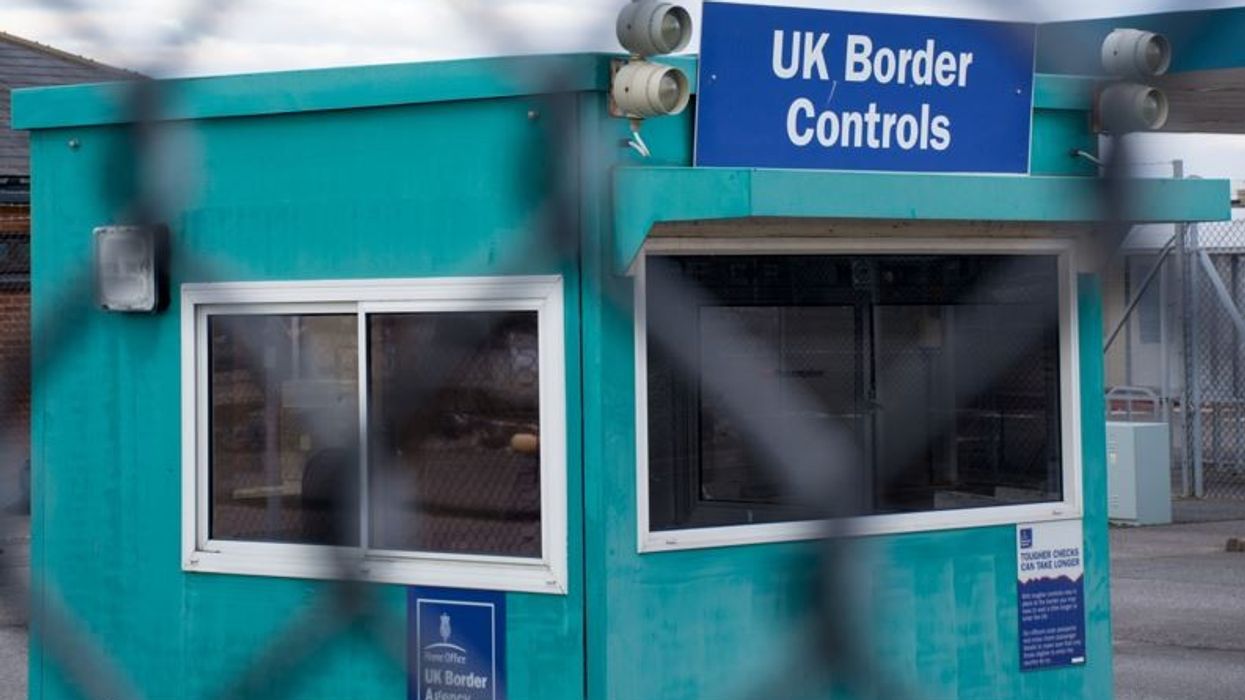Refugee employment among the London business community remained “very low”, a survey found, calling for concrete steps to hire more displaced people.
A report, jointly published by the London Chamber of Commerce and Industry (LCCI) and the Refugee Investment Network last Wednesday (24), revealed that only three per cent of businesses in the capital employed refugees in their organisations. This figure, however, rose to 14 per cent for small and medium enterprises and 27 per cent for large businesses.
Less than a third (31 per cent) of firms surveyed said they would hire a refugee in the future while 41 per cent said it was unlikely. But optimism came from large businesses, 77 per cent of which said they would likely hire refugees in the future, compared to just 32 per cent of micro firms.
Arts, recreation, entertainment, information and communication and public sector industries reported the highest rate of refugee employment at six per cent. In contrast, professional, scientific, and technical industries reported the lowest refugee employment rate at one per cent.
Although refugees have the legal right to work in the UK, they often struggle with local professional networks, language skills, certifications and integration support to realise their full potential, the survey found.
About a fifth (21 per cent) of London businesses surveyed said the biggest obstacle in hiring refugees was finding qualified people. The second most common barrier cited by 20 per cent of firms surveyed was the absence of knowledge associated with the recruitment of refugees.
The LCCI said displaced people “can prove to be great assets” for London’s economy whose success is driven by its “openness and diversity”.
Its chief executive officer Richard Burge said, refugee employment offered “magnificent opportunities for London to boost its status as a great, global city with equal opportunities for all”.
Tim Docking, the CEO of the Network, which is promoting refugee self-reliance, said better connections with refugee communities could improve the hiring of refugees.




